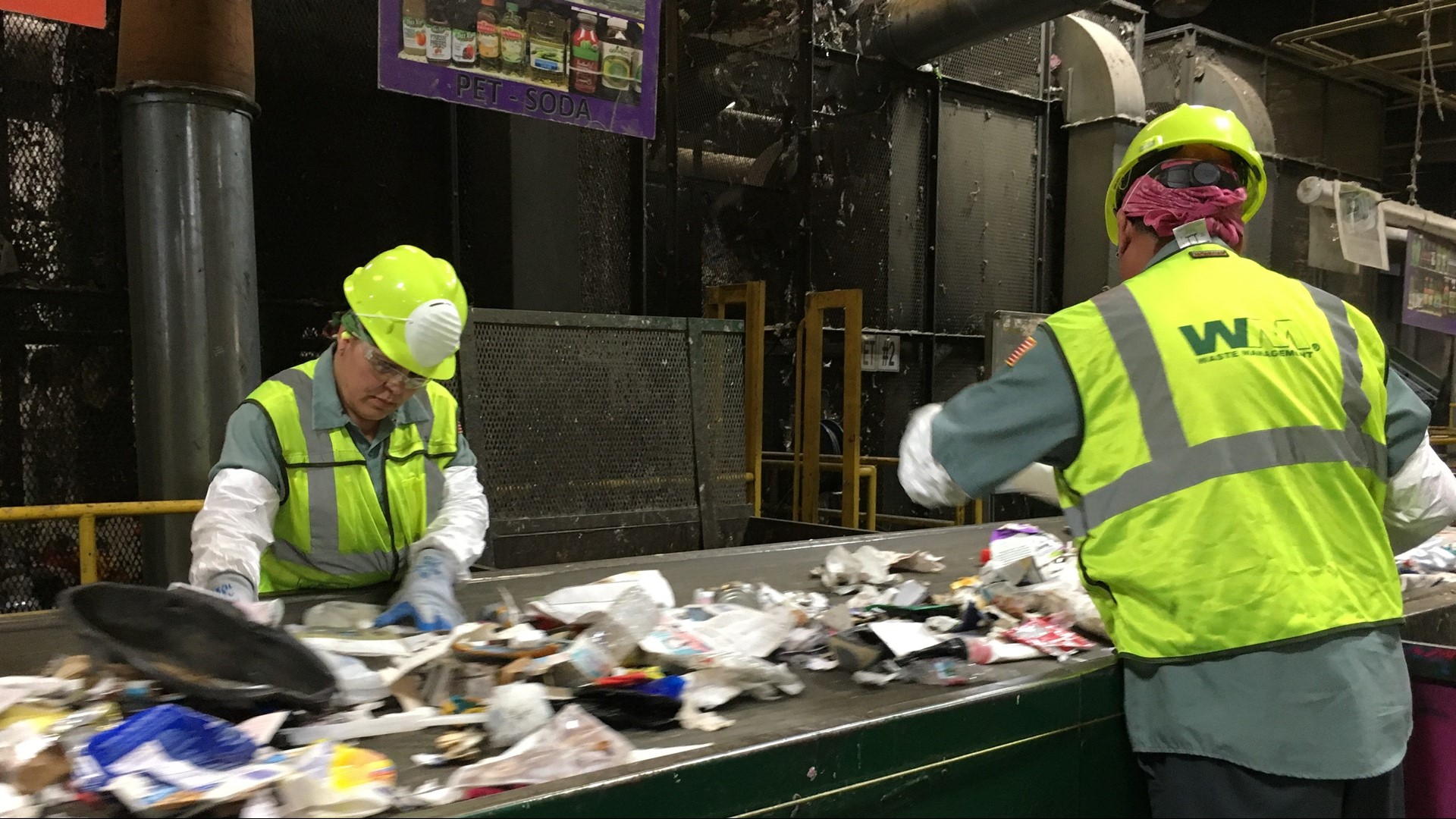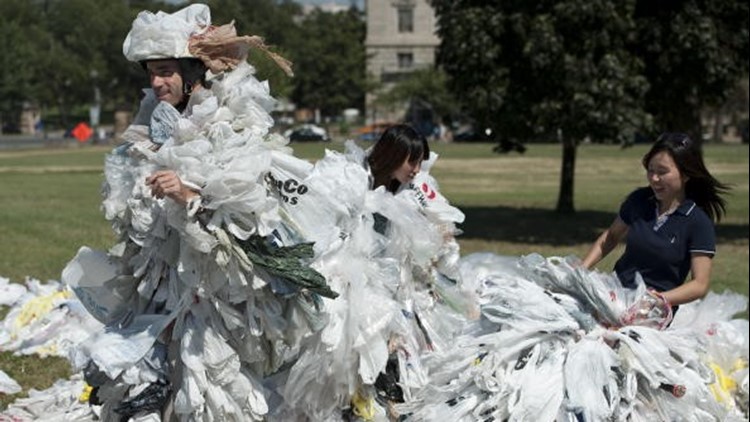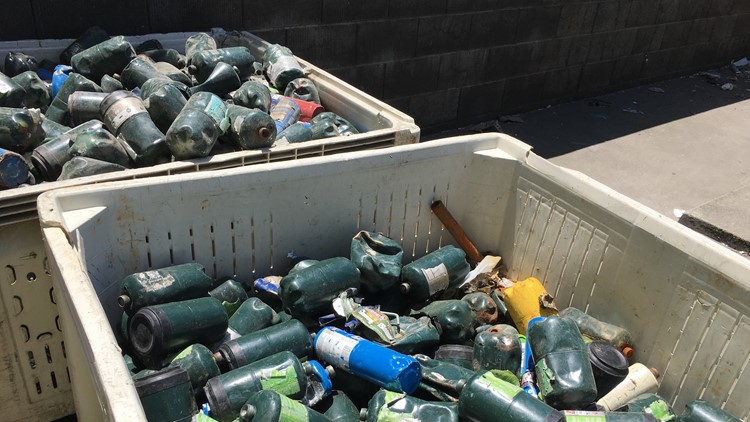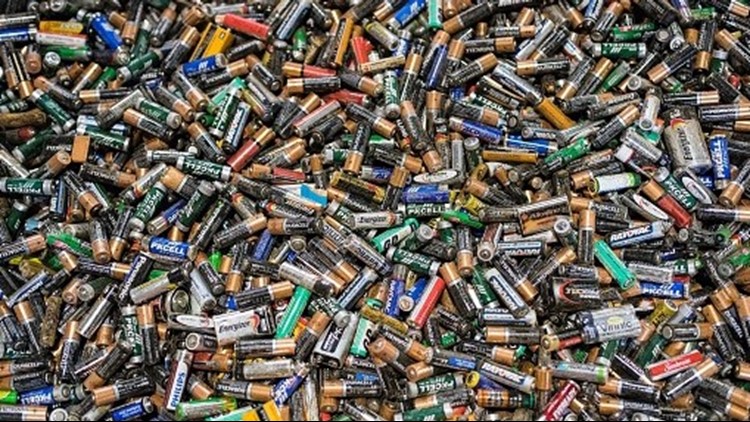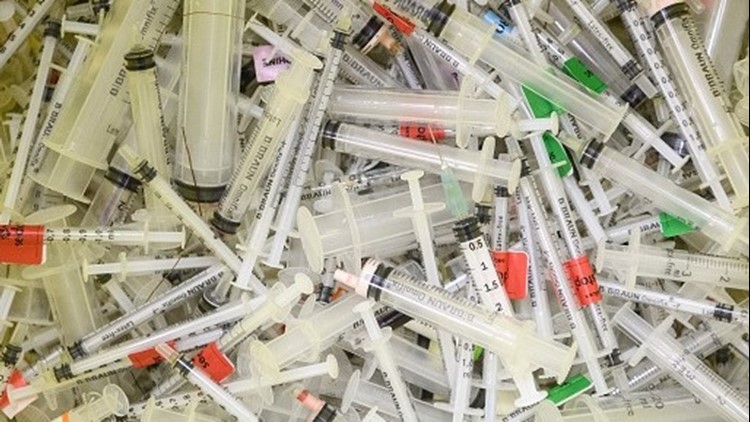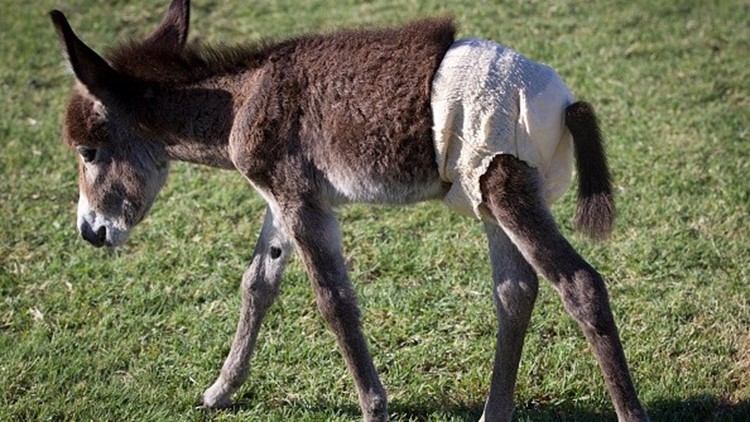When you virtuously toss that yogurt container or soft drink bottle into the recycle bin, you want to feel like you’ve made a small contribution to saving the planet. But have you?
In the early days of curbside recycling, experts advised those in doubt about whether to recycle something to simply throw it in the bin and let them sort it out at the recycling facility.
“Years ago, the message was, when in doubt, give it a chance,” said Angel Diaz, district manager for Waste Management’s Sacramento recycling and Transfer Station.
Over time, the rules of recycling have changed, mostly in response to market forces. Improperly recycled items can cause problems at facilities and result in an unsellable product.
Now the rule is, "When in doubt, leave it out," Diaz said.
When asked if there were one item he could banish from entering his facility, Diaz did not hesitate.
“Plastic bags,” he said, quickly amending that to include all manner of plastic film.
Although grocery stores and some big box stores accept plastic bags for recycling, Waste Management doesn’t recycle plastic bags, and moreover they, along with other "wrap-ables" (electric cords, rope, clothing) pose a threat to facilities' sorting machinery. Items that can get sucked into motors, potentially damaging them, are unwelcome.
There are other real-world consequences for items improperly placed in recycle bins. Last year, China, a major buy or post-consumer waste, declared a ban on 24 kinds of solid waste, including plastics and paper frequently sent from the U.S., shaking up the worldwide market, according to CNN Money.
“If a container goes to China and they do a bale break and they find one diaper in the entire load, they will reject the entire load – not just the entire load but an entire booking,” Diaz said.
It isn’t just dirty diapers – food waste, adhesives and other contaminants have caused China to reject American recyclables. The standard for contaminants used to be 2 percent of the total shipment, Diaz said. Now it’s .5 percent.
And it’s not just the Chinese – no one wants to reuse your baby’s dirty diapers, a surprising number of which end up in recycling bins. During a stroll along stilled conveyer belts during a break between shifts, Diaz easily pointed out several offending items, including a dirty diaper, styrofoam, a wire hanger, a length of rope, and a non-recyclable container half filled with food waste.
An astounding variety of items find their way into recycling bins, Diaz said. Bowling balls, brake drums from semi-trucks, textiles – even a dead animal from time to time. Although different centers accept different items, these items probably aren’t welcome in any curbside recycling bin, also unacceptable is human waste either on its own or by way of toilet paper or paper towels.
Sometimes workers luck out and find something valuable that someone threw away, either by accident or out of spite. Diaz recalled a worker finding a Rolex watch, and more recently, one who found a wad of cash (and quit the next day).
When it comes to recycling, it’s best to stick to the basics. Although many if not most items are recyclable somewhere, somehow, quite a few things won’t pass muster at the city’s recycling facility, which is why when it comes to ambiguous items and judgment calls, people should refer back to the principal "when in doubt, toss it out,” Diaz said.
Guidance on the City of Sacramento website is slightly out of date.
You’re fairly safe with paper and cardboard, as long as it isn’t soiled with food. Paperback books are acceptable, but hardback books won’t "pulp" properly, so should be left out, Diaz said (the city site lists hardbacks as recyclable).
Glass bottles and jars (no light bulbs, Pyrex, mirror glass or ceramics).
Plastic containers embossed with the recycle logo. Although the city site says you can recycle diverse objects like plastic toys, laundry baskets, and other items, Diaz said it’s best to stick to the labeled items.
Aluminum, tin cans and jar lids are good. Although the city website lists ‘small scrap’ metal, the subjective nature of ‘small’ pushes them into the realm of doubt.
Aerosol cans should be dropped off at the household hazardous waste drop-off site (varies for city and county residents).
Diaz said it isn’t necessary to rinse containers out, but they should not contain food scraps.
Cardboard that is saturated with oils and melted cheese and the like, such as pizza boxes, are better thrown away, he said. If you want to cut off the top and recycle it, you can. Otherwise throw the whole mess away.

